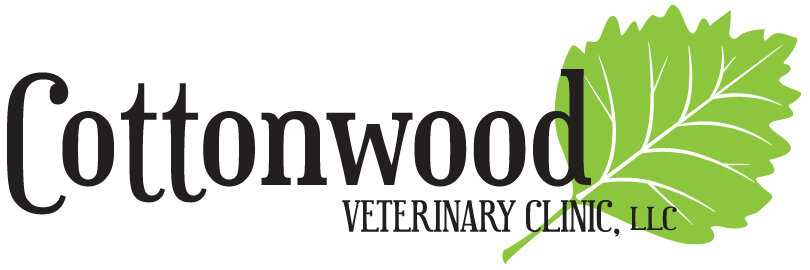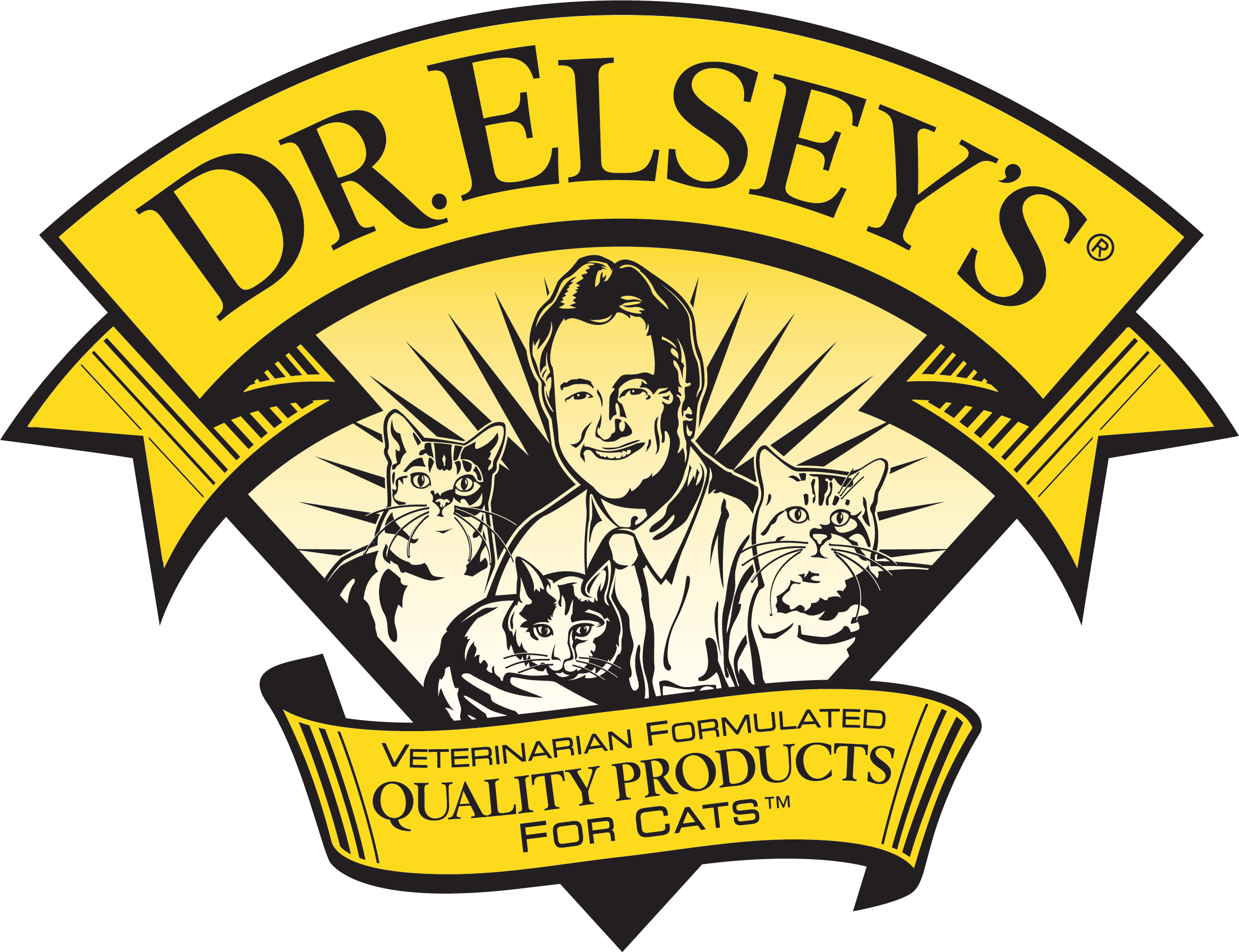As a rescue that deals exclusively with rescuing dogs after they have been in a home and/or animal shelter, we often see that many people still have confusion surrounding obtaining a pet. While most of us want to make a responsible decision, many still don’t fully understand the implications and complications about where your pet comes from. Often, our desire to “help” or “save” an animal in a store can cause more harm than good. We have come a long way since the “How Much is that Doggie in the Window,” but we are still here to help you understand the differences in how where your pet comes from can impact their long-term well-being, and the well-being of others.
If you go to a reputable breeder, seeing the puppy with it’s parents will be standard practice.
Shelters and Rescues: Obviously, we are a fan of this option! Check out our “About Us” page to learn more about BDAR and where our adoptable animals come from. Want a specific age or breed? Let us know and we can help you find that animal, or point you to a breed-specific rescue that can. All of our animals come from the shelter or through our PASS program, and we do not profit from their adoptions. The Northern Colorado Animal Welfare Coalition is a great place to look, too. Coalition members have a peer-supported standard of care and ethical operation, and member organizations are committed to industry best practices (http://nocorawc.org/).
Reputable Breeders: While we advocate for rescuing companion animals, we understand that you may have a specific breed of dog in mind, and want to get that dog as a puppy (It is pretty hard to take a pomeranian-mix bird hunting, when you were looking for a German Shorthaired Pointer). As such, the Humane Society has a great guide for what to look for to make sure you found a reputable, responsible breeder. Some of their tips include: the breeder allowing you visit and see all areas where dogs are kept, providing records of vet care for dogs, providing guidance for training and caring for your puppy, and not selling a puppy without proof the dog will be properly cared for. These people care about the future of the puppies they raise and the physiological well-being of the parent dogs. Breeders of this caliber will also accept any dog back into their care and ownership should you find later on that you are no longer able to keep your pet.
Backyard Breeders: This category of breeder is best to avoid, even though they are sometimes well-intentioned. Best case scenario…someone has a dog that accidentally ended up pregnant and they are trying to find good homes for the puppies. Worst case scenario…someone is habitually and irresponsibly breeding their dog with the intention of making money off of the puppies. Usually, you can’t get good information on the dogs or puppies (which could result in health or genetic problems down the road), and your money may be encouraging a practice that is putting more and more unwanted pets into the world. Often backyard breeders advertise via social media, they commonly sell mixed breed dogs or very often pit bull mixes, and they have no demonstrated history of specializing in the conformation or working capability of the parents.
Photo from a puppy mill in Illinois. (There are a lot more graphic images of puppy mill conditions if you do some research)
4. Puppy Mills/Commercial Pet Stores/Online Purchase: We strongly encourage you never to buy a puppy/kitten from a pet store, or through the internet. Why? Because their puppies almost exclusively come from puppy mills, which are defined as, “an establishment that breeds puppies for sale, typically on an intensive basis and in conditions regarded as inhumane.” The Humane Society offers an excellent fact sheet detailing the relationship between puppy mills and pet stores/online retailers, which describes the problems (both for animals and their new owners) when puppies come from this environment. Buying one of these puppies also funds an industry that disregards the well-being of animals in the interest of turning a profit. Often, the breeding dogs are kept in sub-par to deplorable conditions with little quality of life or vet care, as their only value is to produce puppies. Many of these breeders have serious Animal Welfare Act Violations, they don’t provide the history of the puppy that you purchase, and often the puppies suffer from serious health or psychological problems. While some people feel that they are “saving” the puppy from the pet store, they are only encouraging this practice to continue. We have heard some real horror stories of puppies encountering life-threatening illnesses shortly upon arriving home. This is not to say that all pet stores are inherently bad. In fact, many of them contribute greatly to the welfare of animals. Progressive stores who demonstrate an understanding of the homeless pet crisis are more and more frequently partnering with animal shelters and rescue groups to provide adoptable pets in-store. Other stores do not keep or sell live animals at all, but utilize their service and product expertise to support the local animal welfare community. If a store has puppies/kittens, ask if they came from a rescue and are adoptable, or are solely for purchase.
Like we said above, we find that most people want to do the right thing and only need to know more information to make the right decision. The tide has slowly been turning away puppy mills, with more states passing legislation against this practice and more pet stores refusing to support them. (HSUS states that more than 2,300 pet stores nationwide have signed an HSUS pledge not to sell puppies, demonstrating that it is possible to have a successful pet-related business without supporting puppy mills). We ask you to please do some research before getting a new dog, and to consider a rescue or reputable breeder. We are always happy to help you find the pet that you are looking for!











